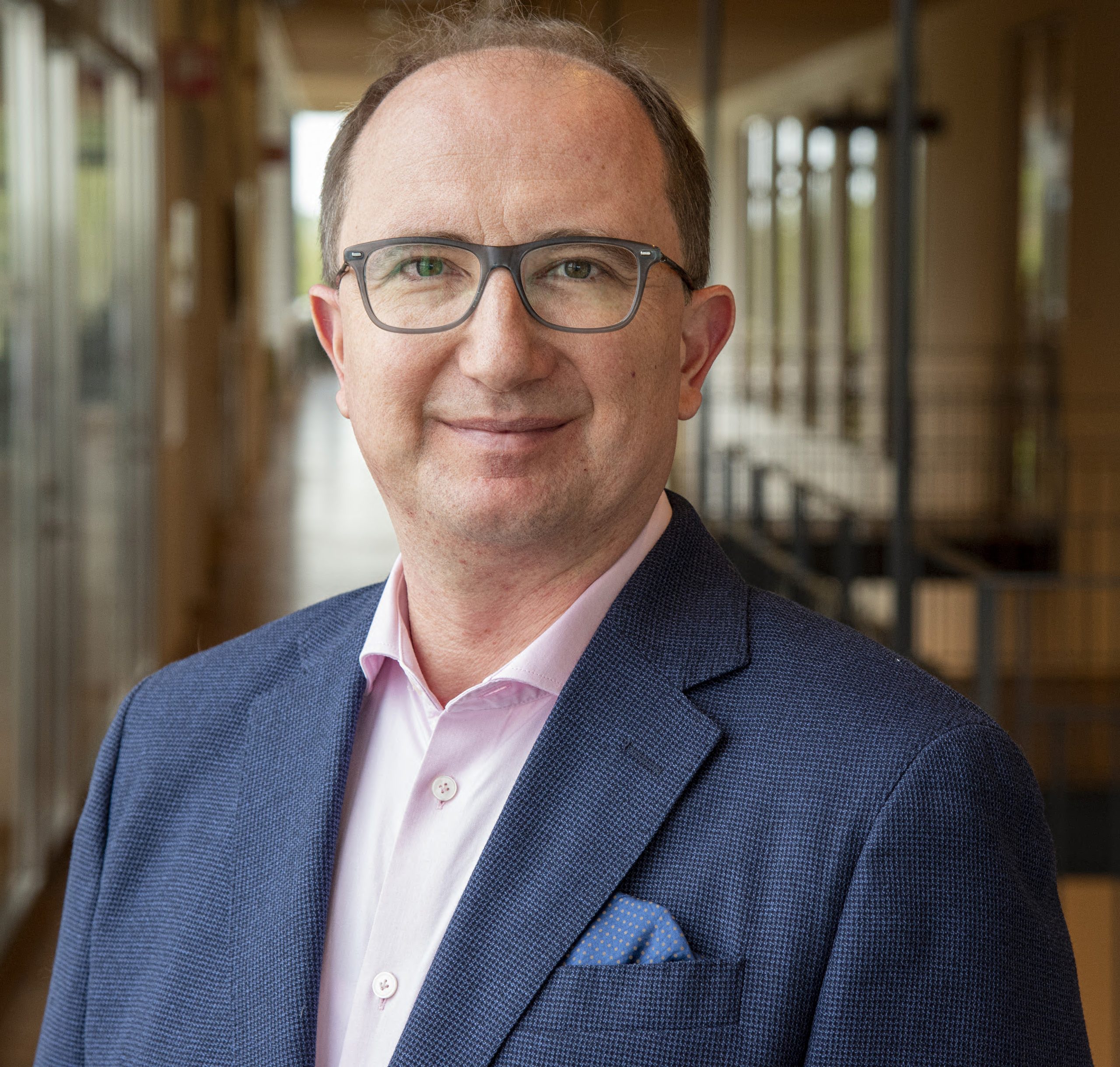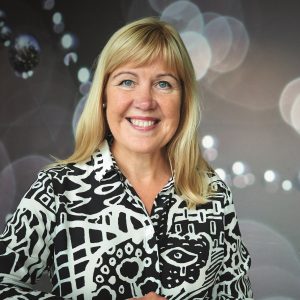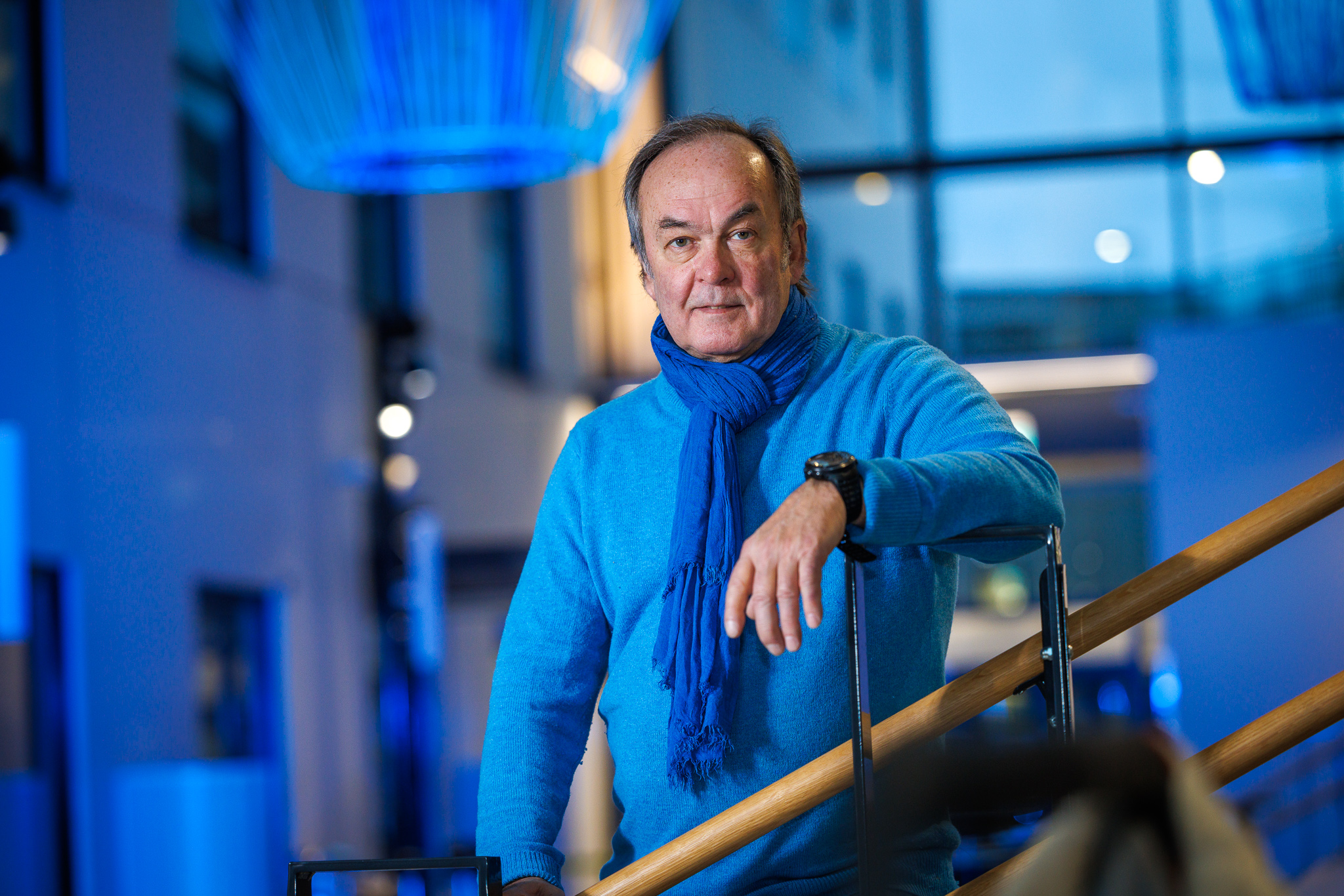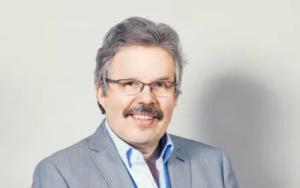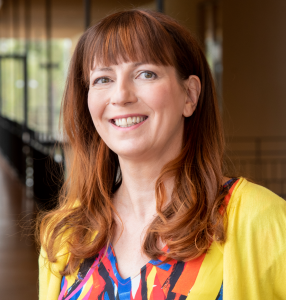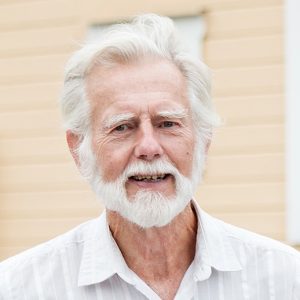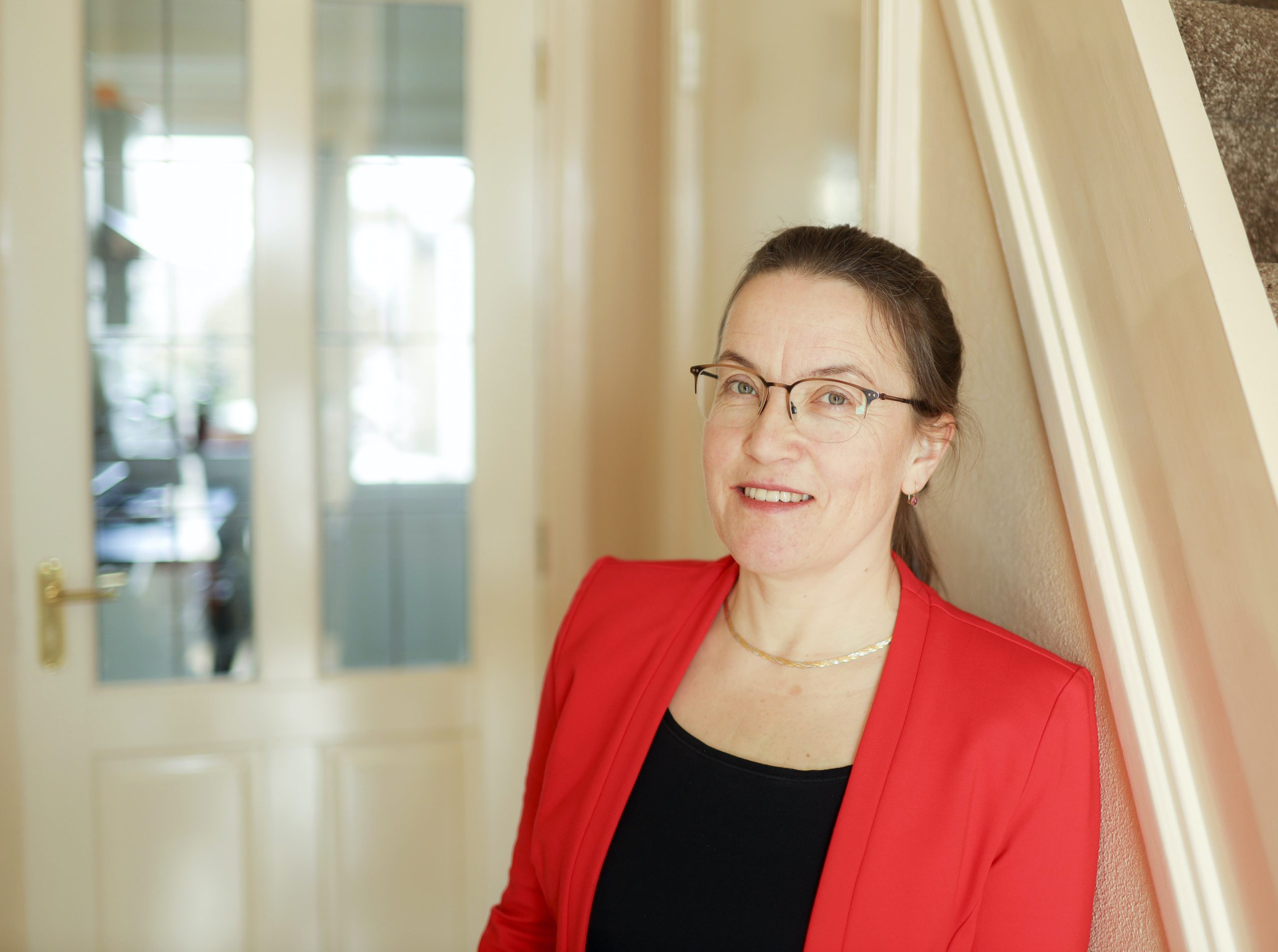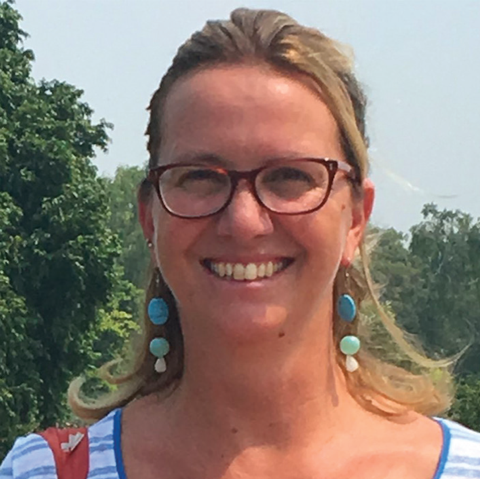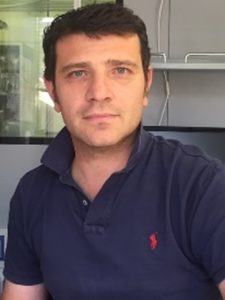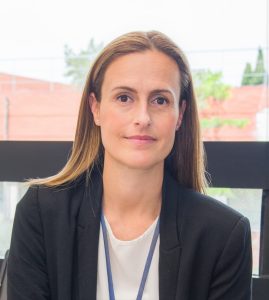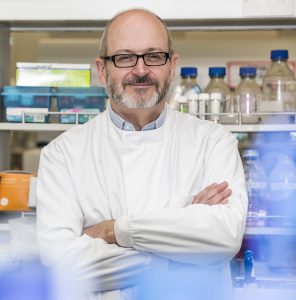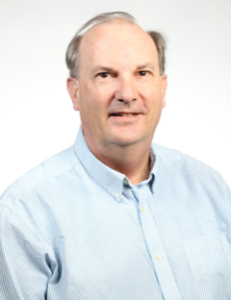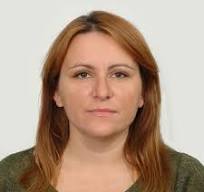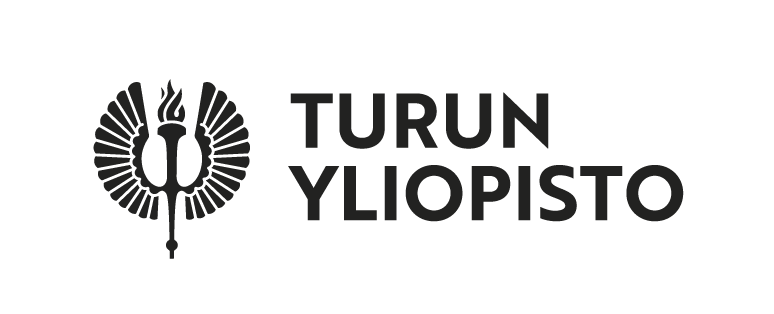
University of Turku
The University of Turku is the third largest university in the country with approximately 21 000 degree students. It is a multidisciplinary university with eight faculties; education, humanities, law, medicine, science, social sciences, technology and economics. The largest faculties are the Faculty of Humanities, the Faculty of Science and the Faculty of Technology.
Principal investigators
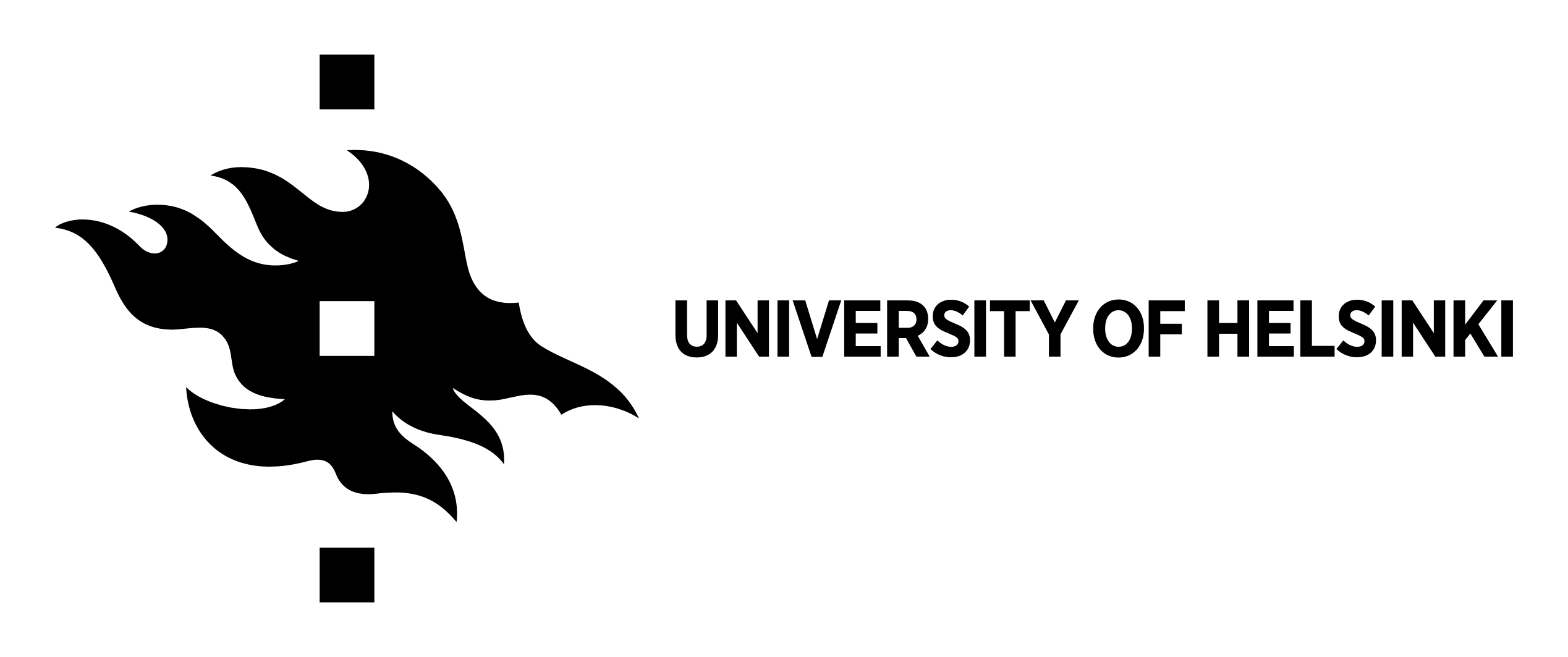
University of Helsinki
The University of Helsinki, Finland’s largest, oldest and internationally most esteemed research university, carries out research of an internationally high standard. Research funding, honours and prizes awarded to our researchers are an indication of the wide-spread esteem among the global scientific community. The University of Helsinki has regularly been ranked among Europe’s 10 to 15 best universities on worldwide ranking lists of research universities. Some 470 doctorates are completed annually and 11,000 articles or monographs are published yearly by researchers at the university.
Principal investigators

Örebro University
Örebro University’s research spans over 36 different subjects, across the humanities and social sciences, medicine and health, and science and technology fields. It is one of Sweden’s most expansive universities with 15,200 students, 400 doctoral students and 1,500 staff. In this project, the work is conducted mainly at the Man-Technology-Environment Research Centre (MTM) which focuses on applied research within chemistry, environment and health, and ecosystem ecology.
Principal investigators
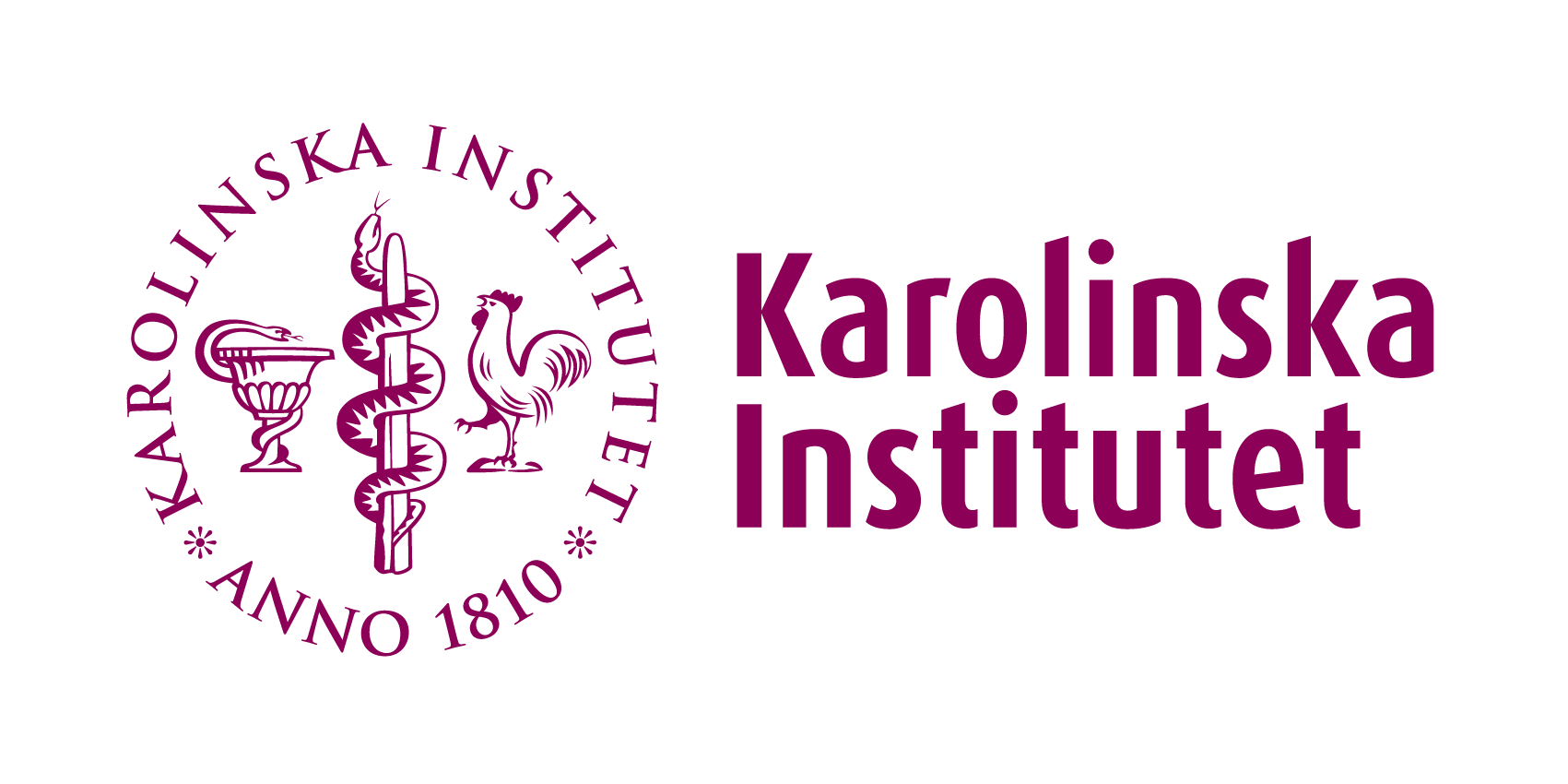
Karolinska Institutet
Karolinska Institutet is one of the world's leading medical universities. Our vision is to pursue the development of knowledge about life and to promote a better health for all. At Karolinska Institutet, we conduct successful medical research and hold the largest range of medical education in Sweden
Principal investigators
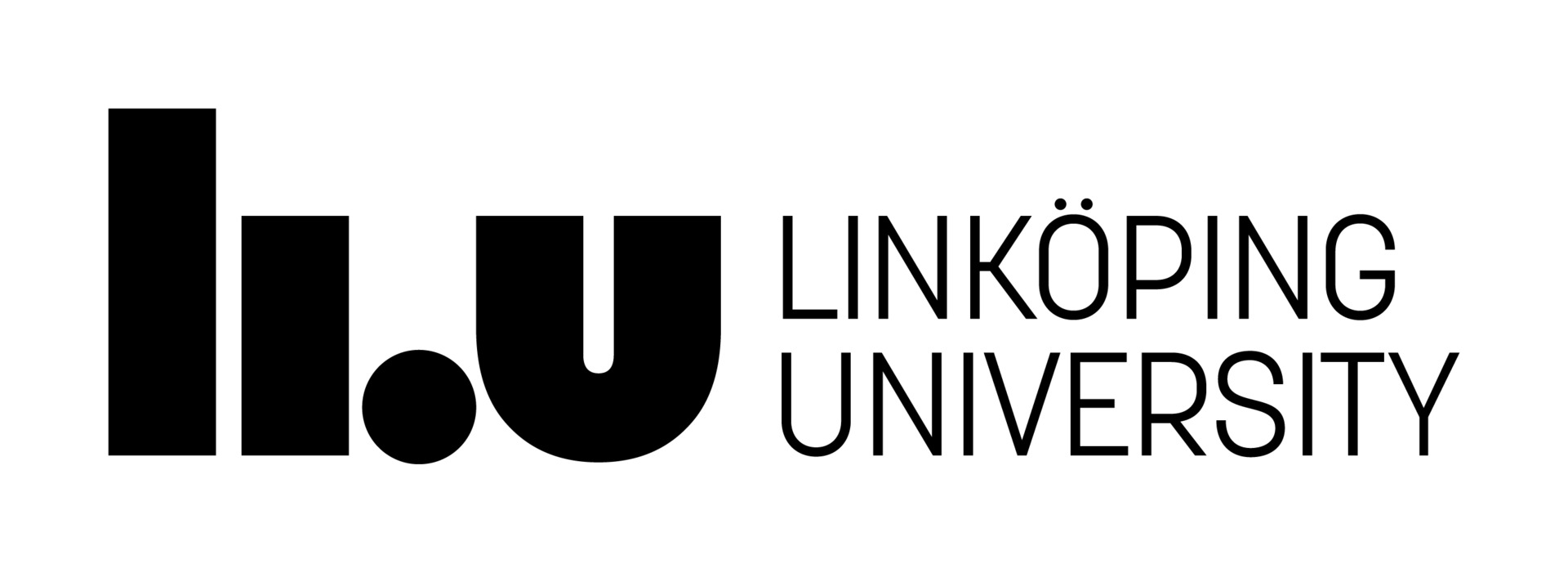
Linköpings universitet
Linköpings universitet (LiU) is state university founded 1975. There are 4 faculties: Philosophical, Medical, Tecnical and in Teaching/Education. One campus is in Norrköping. With ca 32 000 students and 4000 employees LiU is one of the larger universities in Sweden.
Principal investigators

University medical center Groningen
University medical center Groningen (UMCG) is a center of medical care and research in the North of the Netherlands. The mission of UMCG is building the future of health, and the main research topic is healthy aging. The UMCG works in close collaboration with the Lifelines cohort study, a population biobank that includes 167,000 participants from the North of the Netherlands, with extensive phenotyping, and regular follow up (www.lifelines.nl). A new baby cohort within Lifelines (Lifelines-NEXT) is currently established and includes 1,500 parent-baby trios, with particular focus on the role of the microbiome and environmental factors in diseases.
Principal investigators

University of Naples Federico II
The University of Naples Federico II (Italian: Università degli Studi di Napoli Federico II) is a public university in Naples, Italy. Founded in 1224, it is the oldest public non-sectarian university in the world. The University offers 26 Departments, 4 Faculties, 50 Research Centres and 3 Academies, in collaboration with leading companies. The University has a relationship with 264 partner universities, which allows students to access a wide variety of study programmes abroad and to internationalise their education. It also has agreements for Double and Joint Degrees with prestigious European Universities.
Principal investigators

empirica Communication and Technology Research
empirica Communication and Technology Research based in Bonn, Germany, is a private research and consultancy business specialised in innovation processes and the management of large-scale European projects for both private and public clients. empirica has established itself as a leading European and global institute with a broad understanding of the political, strategic, clinical, business, and socio-economic questions raised by health system change and eHealth tools. It has provided services to the European Parliament, European Commission, WHO, OECD, European Space Agency, national and regional governments, healthcare providers, and global eHealth industrial players. empirica is supporting the dissemination and exploitation work in INITIALISE.
Principal investigators

Spanish National Research Council
The CSIC (Spanish National Research Council) is Spain’s largest public research institution, and ranks third among Europe’s largest research organization. The CSIC is attached to the Spanish Ministry of Science, Innovation and Universities through the State Secretariat for Research, Development and Innovation, and plays a key role in scientific and technological policy in Spain and worldwide. Development and Innovation, and plays a key role in scientific and technological policy in Spain and worldwide. CSIC has 4 main missions: 1) to foster multidisciplinary scientific and technological research; 2) Knowledge transfer to industry and society; 3) Education and training of scientific and technical staff; and also, 4) Promotion of Technology Based Companies. CSIC has 120 Institutes spread across the country and covering different areas of Science and Technology.
Principal investigators

University Of Aberdeen (Uniabdn)
Founded in 1495, the University of Aberdeen is the third oldest in Scotland and the 5th oldest in the English-speaking world. We are a community of over 700 researchers and around 15,000 students representing more than 130 nationalities. Our foundational purpose, reaffirmed in our Aberdeen 2040 strategy is to be open to all and dedicated to the pursuit of truth in the service of others. Aberdeen 2040 commits us to be inclusive, interdisciplinary, international and sustainable. Grounded in the service of others we further committed to work together to address five interdisciplinary challenges of our time: energy transition; social inclusion and cultural diversity; data and artificial intelligence; environment and biodiversity; and health, nutrition and well-being. These urgent and wide-ranging problems require complex solutions, which draw on both theoretical and applied knowledge. The University of Aberdeen has been actively involved in European projects since Framework 3 and has, to date, been successful in participating in more than 700 grants funded through various European sources. Within Horizon 2020, the University of Aberdeen secured 73 awards including examples within the Marie Curie ITN, COFUND, RISE, NIGHT and Individual Fellowship schemes. The university has also received over 20 awards from Horizon Europe, with a total of £5.6 million in funding to the university (covered by UKRI guarantee).
Principal investigators

University of Florida
The University of Florida is the flagship public university of the third largest state in the United States. It is a comprehensive research university with over $1 billion in research expenditures annually. The University has approximately 37,000 undergraduate and 15,000 graduate students enrolled and approximately 6.470 faculty. U.S. News and World Report recently ranked UF as the fifth best public university in the nation.
Principal investigators

Genos Ltd
Genos Ltd is a research intensive SME located in Zagreb, Croatia, specialized in high-throughput glycan analysis. Their main competitive edge is the know-how and experience in performing high-throughput studies, ranging from analytical chemistry to study design and statistical data analysis. Genos was recently ranked by the World Bank as the best research institution in Croatia, based on median citations and the H-index. Since 2015 Genos has been a member of the National Centre of Excellence in Personalised Healthcare, one of the 13 national centres of scientific excellence. Researchers in Genos are pioneering high-throughput glycomics - they performed the first large scale studies of the human plasma N-glycome (in 2009) and human IgG N-glycome (in 2011). These studies were the basis for the first genome wide association studies of the human glycome and several large clinical studies. Genos is currently a global leader in high-throughput glycomics for clinical and epidemiological studies, with over 200,000 samples analysed, and established collaborations with numerous leading research institutions in Europe, USA, China and Australia.

